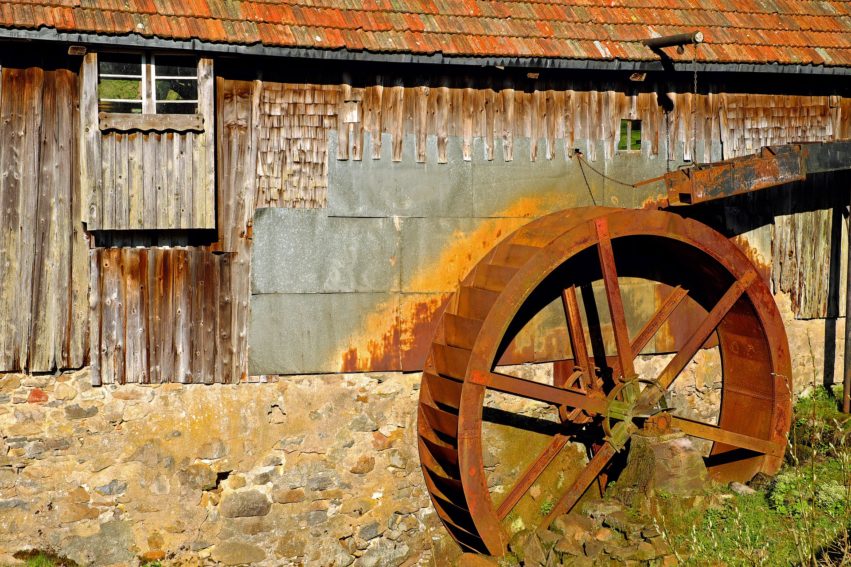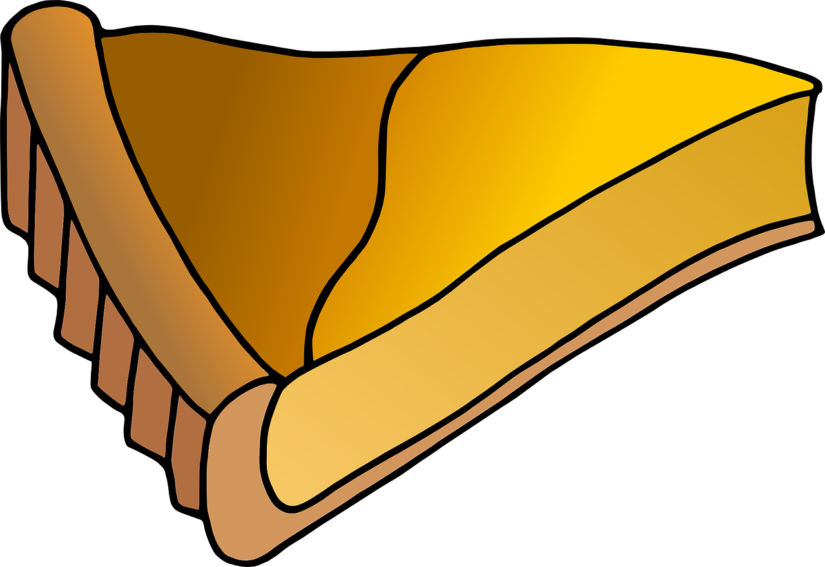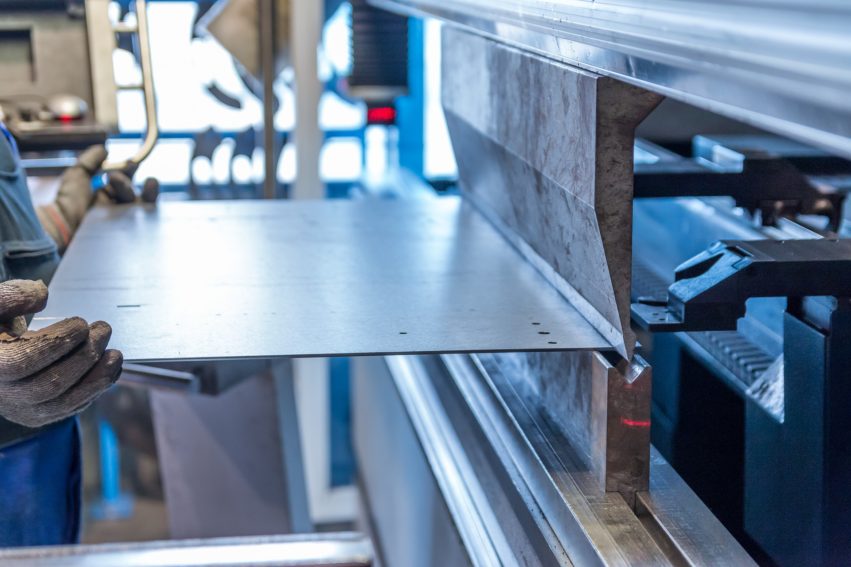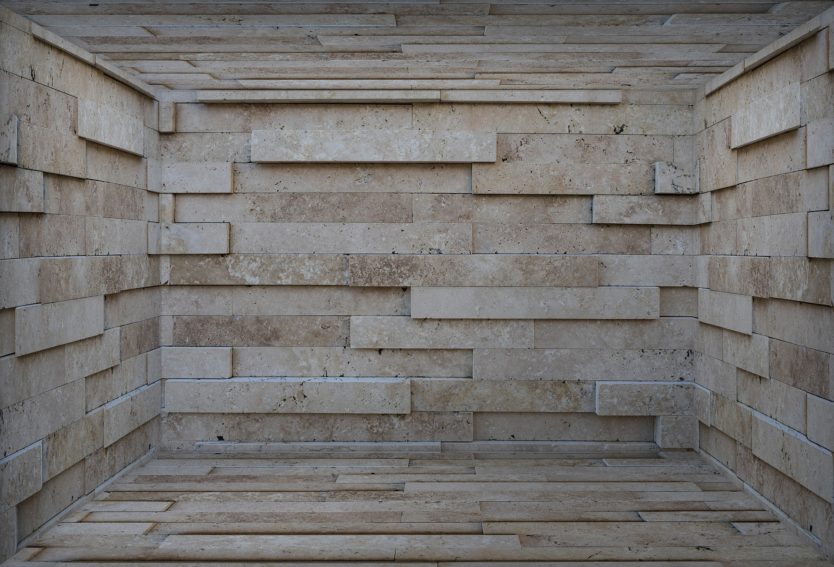0

Newspapers
From the earliest I can remember, my parents were
reading. As I grew older, I joined
them. When I think about it, their reading
was phenomenal.
This was in the fifties and early 60s. They received three newspapers, every
weekday, Monday to Saturday.
My father read The
Daily Herald. This was a left-wing
newspaper, and once it was bought out by Rupert Murdoch and became The Sun, my father stopped reading
it. I remember the transition from
broadsheet to tabloid. The first edition
featured a cartoon on the front page, showing a woman watching the paper come
through the letterbox and saying, “Look Dear, it’s our first Sun”.
My mother read The
Daily Mirror. This was also left
leaning, although a lighter read. In its
origins, it was a women’s paper but by then not so much. It had more cartoons than The Herald,
including Andy Capp, The Perishers and Garth.
I followed these for years.
The third paper was The
Sheffield Star, an evening paper.
This was politically right-wing.
It still is but the reason I no longer read it is its
unreliability. I’ve seen it report
several things, I know from experience are untrue.
On Sundays we received two papers, The People and The Sunday
Express. The former was left
wing-ish and I can’t remember what happened to it. The latter was very Conservative. One of the journalists was William Rees-Mogg,
father of the current Rees-Mogg. It was
though, home of one of the all-time great cartoonists, Giles.
Then there were magazines.
My mother was a prodigious reader.
She read three magazines each week: Woman,
Woman’s Own and Woman’s Realm. My father
read The New Statesman and in those
days, under editor Kingsley Martin, it had no pictures, just solid print from
the front cover. At first I thought it
boring. Then I started to read it and my
parents sent it to me with a letter each week, when I was at university. I still subscribe today. If you count my father, I’ve read it
continuously longer than I’ve been alive!
On top of that we received both The
Radio Times and The TV Times,
each week.
On top of all that, both my sister and I received a couple
of comics every week. You’ll forgive me
if I don’t list them all – we both changed them frequently over the years.
I don’t remember owning a lot of books as a child. I must have owned some but it certainly
wasn’t like it is now, where I have to climb over piles of books, whenever I
move around the house. I’ve no idea
where they all come from.
We were all members of the Central Library on Surrey Street
in Sheffield. I remember using the
Children’s Library (still there) where I read most of Enid Blyton plus Biggles
and Jennings. As I grew older, my first
love was Science Fiction and I moved to the adult library to read the likes of
Clarke and Asimov. This led me to
Aldous Huxley’s Brave New World. Then I tried some of his other books, such as
Eyeless in Gaza or Point Counterpoint.
My big breakthrough was when I saw a copy of Tolstoy’s War and Peace. Well, I thought, I’ve ploughed through
Huxley, it can’t be more difficult! This
led to an interest in Russian Literature.
I devoured Tolstoy, Turgenev, Gogol, Solzhenitsyn and Dostoyevsky. My mother teased when I went to University interviews,
if they asked me what I’m reading, I was to reply “T’Idiot”.
My mother almost always had books on the go, mostly romances
and she read them very quickly. I
remember she took a couple of days to read the whole of The Lord of the Rings. She wasn’t impressed; I was, it had taken me
weeks!
My father read books about politics, art, philosophy and
religion. I watched him and in time
copied him. I was never interested in
steel but what he did at home had a lasting impact.
None of this was especially celebrated, it was something we
did. We sat in front of the tele,
reading. My father would occasionally
share something he read and appreciated but mostly we got on with it.
I have no idea whether other families did this and so it is
hard to generalise. First, both parents
enjoyed reading. It matters little that
their interests were so different. They
enjoyed it and shared that enjoyment by doing it together and with their
children.
This was rooted before television. It started before we had one and even when we
first had one, programmes were restricted to set times. As television developed, we simply got used
to reading in front of it.
There was something else too. Before the years when most people went to
University, working class people had to be self-educated. Many were autodidacts and somehow my parents
picked up the habit. They bettered
themselves by reading.
One last point.
Reading is a great way into solitude.
It is a place where two minds encounter, the author and the reader. To be lost in a book is a way to escape the
world and at the same time engage with it.
We disengage when we are worried.
To break the cycle of obsession, by going elsewhere in our minds, helps
us forget reality and at the same time see our troubles in a wider context.
Soon after my mother died, my father invested in a massive book of fairy stories and read one a day. They weren’t long stories and took only a few minutes. The routine and vision of other worlds helped him.
During the 1980s, as my father approached retirement and
before my mother died, they took up American Square Dancing. I’ve no idea whether they practice this in
America but it is similar to and quite different from Ceilidhs. They took it to the lengths of competing and
for that they needed a team and so they needed a name. The name they chose was “Steel City Squares”.
The Steel City is, as I’m sure you know, Sheffield. Built on seven hills with 5 main rivers, it
was the home of iron and then steel, from the earliest times. By the twentieth century, Sheffield boasted
several major steelworks in the Lower Don Valley. A few survive today.
This was the world my father inhabited during his working
life. The hammers, the furnaces, the
rolling mills, grinders and buffers were all familiar to him. He knew
the smells, the dust, the noise … But unlike most who worked in the
shops, he
was self-employed.
I have lost track of his early working life. He did national service for three years but I
think he started work at an earlier age, possibly 16. He seems to have been mentored by his Uncle
Eric, who was not much older than he was.
Dad’s mother, Elsie had three sisters – Nellie, Annie and Maud plus two
brothers – Herbert and Eric. Eric was
the kid brother. He showed my father how
to do roof work, putting up steel chimneys, it was great fun and they were
unencumbered by Health and Safety! At
this time, my father got his sole qualification, through night school, in
technical drawing.
Uncle Eric died at the age of 26, I’m not sure how he died
but I gather it was some illness. My
father married and soon after decided to go it alone.
He was in business from 1956 to 1986, which was a
success. He bought a house and helped me
and my sister through university. This
was success to a degree but we need to understand what motivated him.
He set out to make bespoke (my word) machine guards, ducting
and balustrading. (He enjoyed wrought
iron, for gates and fences and at one time there was loads of his work around
Sheffield but this never paid and so he reluctantly dropped it.)
The thing that
motivated him was not so much the crafting and installing of things but the
problem solving. Mass produced solutions
are always cheaper but all the things my father made were unique. The configurations of buildings and the
juxtaposition of machines within them, meant there was nothing readily
available that met the needs of a factory.
My father would visit, find out what they needed and measure
up. Then he would go to the drawing board,
design something new and then his men would make it. This may sound simple but he never found
anyone else who could do what he did.
Once someone called him in.
They needed to get a huge boiler into the cellar. They said they wanted my father to put some
pulleys onto the cellar head. Then he
could lower the boiler into the cellar.
My father said it would cost £300 (a lot of money). They looked downcast and so my father said,
they could try something else first. He
suggested they call together 6 of their men and tell them they would have an
extra £10 in their pay packet of the boiler was in the cellar the next
morning. If not, they would have lost
nothing and my father would do it. The
next morning, my father’s phone rang.
The manager was delighted. He
said my father was a miracle worker. The
boiler was in the cellar!* The manager
told loads of other people too, which was good for business. My father had done nothing!
One day, my father came home and announced he had discovered
that he was an entrepreneur! But was
he? Entrepreneurs build businesses, my
father enjoyed solving problems in steel.
The reality was the business fizzled out in the 1980s. There were four reasons I know of. My father found that neither the
Conservatives nor Labour cared for small businesses. He was a lifelong socialist and yet found the
unions always sided with his workers, no matter how feckless they were.
Chasing payments was a constant headache. Everyone was awaiting payments and when one
came through, they would pass it along the line. There was no point taking a debtor to court
because they were in the same boat. The
money would come through eventually.
This played havoc with cash flows.
Even worse was the end creditor, like the Inland Revenue. They did use the courts and if they made a
business bankrupt, all their creditors lost out.
The third problem was the closure of many steel businesses
in the mid-1980s. Many of my father’s
regular customers disappeared overnight.
Finally, my father had multiple sclerosis. It affected his right
hand side. He didn’t know where those limbs were. This was not good
when he was climbing on
rooves and erecting chimneys.
Looking back at this history, I think he became increasingly
isolated in the business world. Overnight
his business became anachronistic. He
had the inner resources to take this philosophically, he taught himself to
meditate and this helped immensely. He
lost his purpose, was constrained by MS and for the last 15 years of his life
mourned the passing of his wife. And yet
he was calm and unaware of the inspiration he was to friends and neighbours.
He made two interlocking squares from metal, the logo for Steel City Squares. They were still there when we sold the house.
Day 7/21 of my writing challenge. Every weekday, I publish a short piece of writing on my subject, solitude. The writings are based on a daily prompt from Megan Macedo, who leads the challenge. These are all first drafts with minimal revision. Please comment if you find these posts helpful. Previous: Steel. Next: Workhouse.









